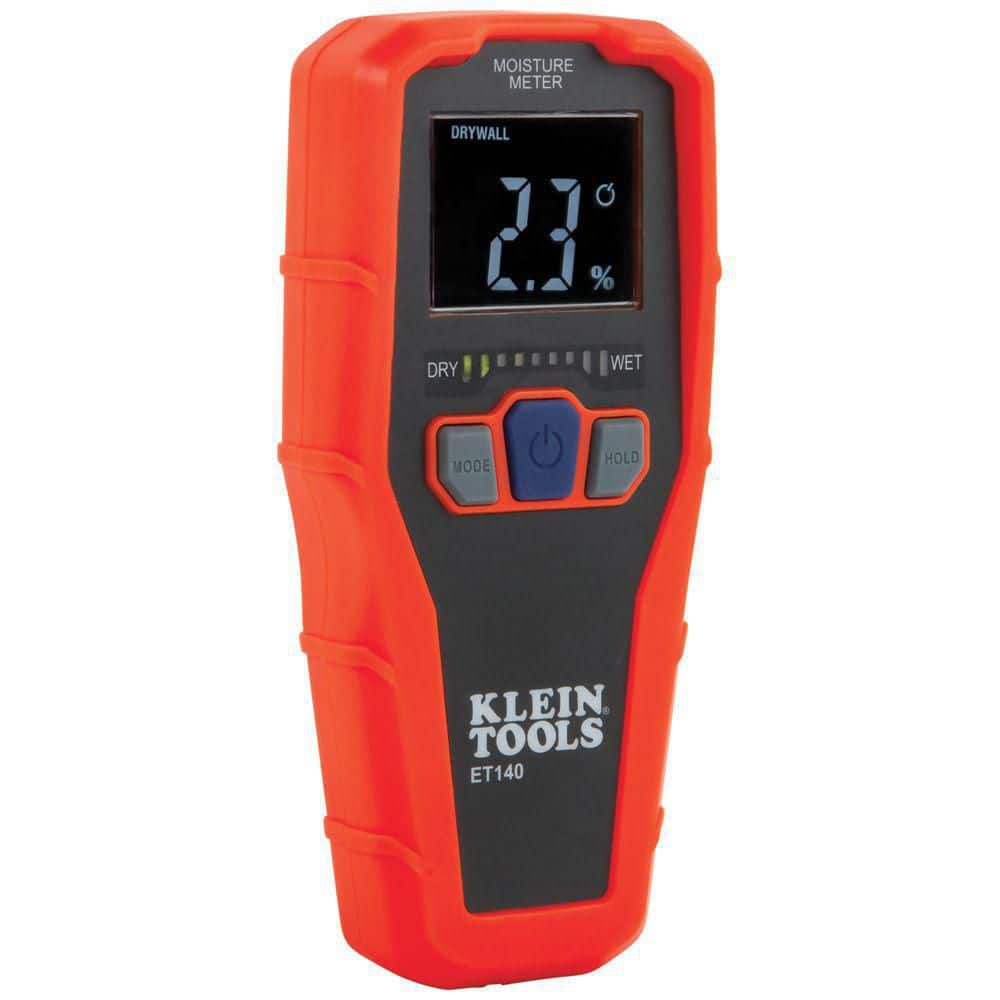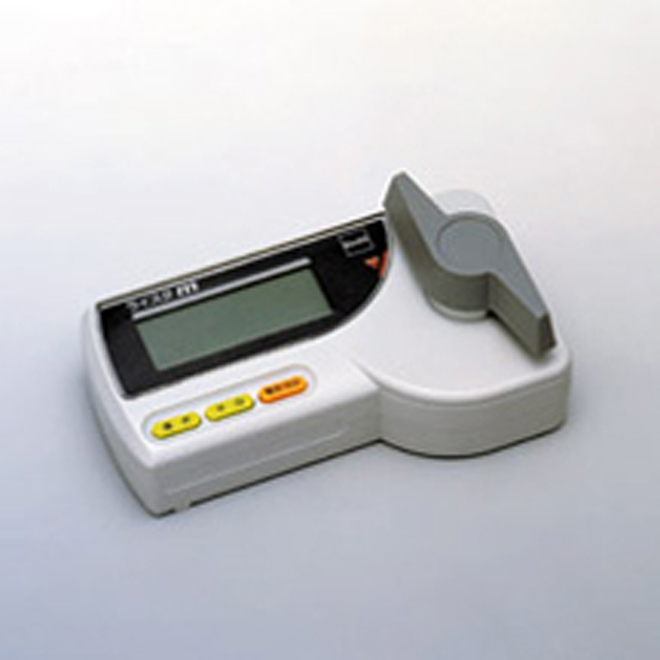Moisture Meter Reviews: Comparing the Best Models for Professional and Do It Yourself Usage
Moisture Meter Reviews: Comparing the Best Models for Professional and Do It Yourself Usage
Blog Article
The Ultimate Overview to Moisture Meters: A Comprehensive Introduction and Exactly How They Can Save You Cash
In the realm of building upkeep, construction, and numerous markets, the significance of properly gauging wetness levels can not be overemphasized. Wetness meters act as indispensable tools in detecting and monitoring moisture web content in materials, assisting in preventing costly damages and making certain the high quality of products. Comprehending the nuances of various types of dampness meters, their applications, and the prospective cost-saving benefits they use can be a game-changer for experts and businesses alike. Finding how these gadgets can not just enhance procedures but also add to monetary savings is a trip worth beginning on.
Sorts Of Moisture Meters
One typical kind is the pin-type dampness meter, which measures the electrical resistance between 2 pins put right into a product. Pinless moisture meters, on the other hand, usage electromagnetic sensing unit plates to check a bigger location without creating damages to the material's surface area.
Furthermore, there are likewise specialized moisture meters developed for details materials like hay, dirt, or grain. These meters provide precise wetness readings tailored to the special residential properties of the product being examined. Infrared dampness meters gauge the thermal residential properties of a product to establish its dampness web content non-invasively, making them valuable for applications where pin or pinless meters might not be suitable. Understanding the different kinds of dampness meters readily available can aid sectors pick one of the most proper tool for their particular moisture dimension demands.

Advantages of Using Moisture Meters

In addition, making use of wetness meters can lead to enhanced energy effectiveness. In agricultural settings, dampness meters play a crucial duty in enhancing crop yields by allowing farmers to monitor dirt dampness levels and make informed watering choices.
Exactly How to Select the Right Moisture Meter
Selecting the appropriate dampness meter includes thinking about essential elements such as product compatibility, dimension range, and calibration precision. When selecting a moisture meter, it's vital to make sure that the meter appropriates for the details product you will be screening. Various materials have varying electrical buildings that can impact moisture analyses, so choosing a meter created for your material is crucial for precise results. In addition, think about the dimension range of the wetness meter. Make certain that the meter can find moisture degrees within the variety needed for your applications. Calibration accuracy is another crucial variable to bear in mind (Moisture Meter). Choose a moisture meter with reliable calibration to make sure precise and consistent analyses. Some meters might require regular calibration changes, so understanding the calibration procedure is very important. By carefully reviewing these elements, you can pick a wetness meter that fulfills your demands and offers precise wetness dimensions for your projects.
Proper Methods for Moisture Meter Usage
To make sure accurate moisture analyses and maximize the performance of a wetness meter, using appropriate techniques is vital. When using a pin-type dampness meter, insert the pins or probes right into the material being checked until they make full call. By complying with these correct techniques, customers can rely my company on their dampness meter click for source to offer reliable moisture degrees, assisting in avoiding pricey damage or making certain high quality in numerous applications.

Price Financial Savings With Moisture Meter Applications
How can the critical usage of wetness meters lead to considerable expense savings across numerous sectors? Wetness meters play a crucial function in expense savings by preventing potential damages and making certain quality assurance in different fields. In the agriculture market, wetness meters aid in identifying the ideal time for gathering plants, avoiding over-drying or excess wetness that can impact the end product's top quality. This precise monitoring aids farmers stay clear of unneeded losses and optimize their return.

Furthermore, in the food processing sector, dampness meters are essential for monitoring item quality and ensuring conformity with safety guidelines. By accurately measuring moisture web content in foodstuff, makers can stop spoilage, keep quality, and decrease waste, resulting in significant price savings. In general, the strategic application of dampness meters is an important investment that can bring about significant expense reductions and boosted effectiveness across numerous sectors.
Final Thought
In conclusion, wetness meters are beneficial tools for detecting and determining wetness degrees in various products. By making use of the right wetness meter and complying with correct strategies, users can successfully prevent costly damages triggered by excess wetness.
Dampness meters offer as important tools in the original source finding and monitoring moisture content in materials, helping in protecting against costly damages and guaranteeing the top quality of items. Infrared dampness meters measure the thermal buildings of a product to establish its dampness content non-invasively, making them beneficial for applications where pin or pinless meters might not be suitable.Moisture meters provide indispensable benefits in precisely checking and examining moisture levels in varied products and atmospheres. In agricultural settings, moisture meters play a crucial role in maximizing plant returns by making it possible for farmers to monitor soil moisture degrees and make notified irrigation decisions.In verdict, dampness meters are useful tools for determining and spotting dampness degrees in numerous products.
Report this page